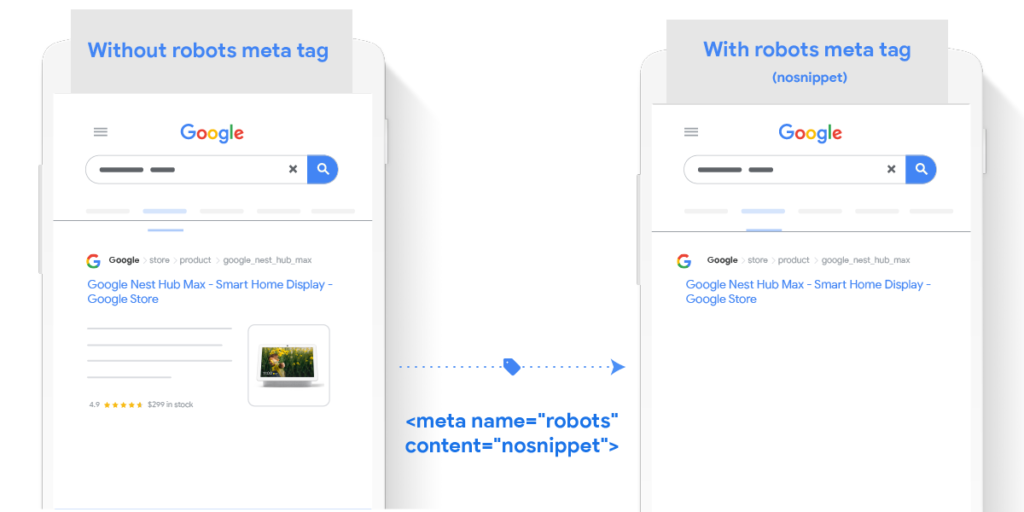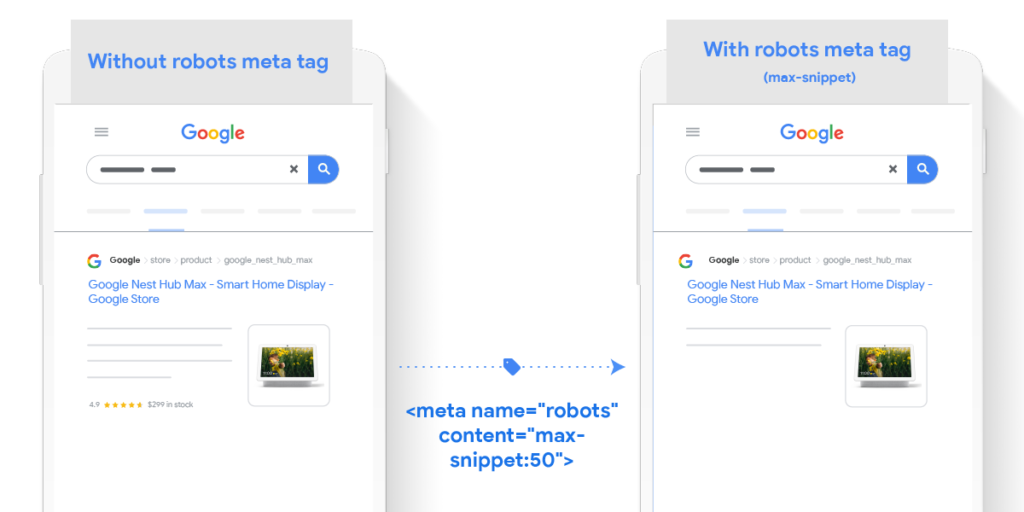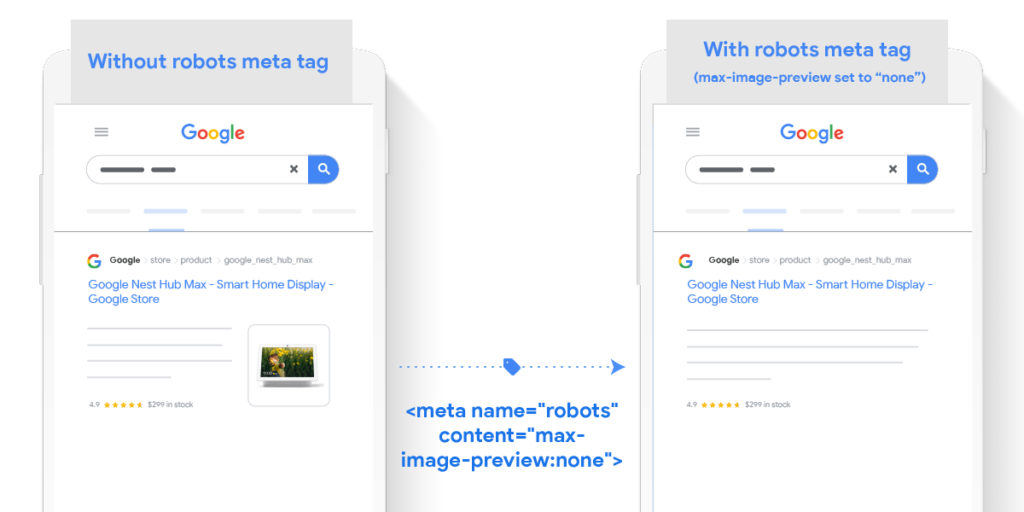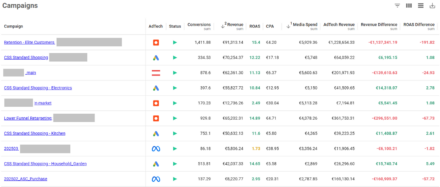Now That’s Why I Call SEO: SEO News Highlights August 2020

It’s that time again. The time for a freshly polished, sleekly researched edition of “Now That’s What I call SEO” our fortnightly knowledge share to keep you posted, engaged and up-to-date on the changes and developments in SEO land.
Big G’s Insight Baby
After a few months under the radar, Google has officially announced the BETA release of Google Search Console (GSC) Insights. While we’ve covered the speculated content of the GSC Insight addition, we can now shine a little more light on Google’s latest introduction.
Search Console Insights is a new view of your data, said to be specifically “tailored for content creators and publishers,”. It’s said to help content creators understand how audiences discover their site’s content and what resonates with their audiences.
Sounds great, but how?
Beyond the introduced metrics we spoke about in our previous knowledge share on individual performance and URL level, GSC Insights will let content creators pull out easy-access drip fed content on:
- The best performing pieces of content
- How the new pieces of content are performing
- How people discover your content across the web
- What are your site’s top and trending queries on Google Search
- What other sites and articles link to your site’s content and did you get any new links
Why we care
Having certain GA data in GSC can offer a big convenience and also help see data in new ways. This Insights dashboard gives an easier, more comprehensive view of how you and your content are performing. It’ll help you monitor performance in one data blend, and allow you to identify opportunities for both SEO improvements as well as SEO and Paid amplifications.
Google Lets Retailers Customise Product Info in Search Results
Google is offering retailers a new way to control how their products appear in the SERPs . While retailers could already use schema.org mark-up or Google Merchant Center to specify how they would prefer their products to appear, Google could ignore these if it felt like it.
Through the introduction of robot meta tags and an HTML attribute, retailers can have greater control over their search snippets.
Here are some of the ways you can implement these controls to limit your products and product data from being displayed on Google. Remember, when introducing robot tags, it’s important to remove all schema.org mark-up on the page.
“nosnippet” robots meta tag
Using this meta tag you can specify that no snippet should be shown for this page in search results. It completely removes the textual, image and rich snippet for this page .

“max-snippet:[number]” robots meta tag”
This meta tag allows you to specify a maximum snippet length, in characters, of a snippet for your page to be displayed on Google results. If the structured data (e.g. product name, description, price, availability) is greater than the maximum snippet length, the page will be removed from any free listing experience.

“max-image-preview:[setting]” robots meta tag”
This meta tag allows you to specify a maximum size of image preview to be shown for images on this page, using either “none”, “standard”, or “large”.

“data-nosnippet” HTML attribute”
This attribute allows you to specify a section on your webpage that should not be included in a snippet preview on Google. When applied to relevant attributes for offers (price, availability, ratings, image), it removes the textual, image, and rich snippet for this page on Google and removes it from any free listing experiences.
Why we care
With the roll-out of free product listings in Google they quickly became hot SERP real estate. This allows for the optimisation of product listings, helping to provide searchers with an appropriate and suitable brand experience that incentivises clicks, traffic, and conversions.
That’s all for this time folks! Keep an eye our for our regular SEO news updates on the QC blog.
If you’d like to find out what we can for your business to improve visibility online, get in touch with the team today!
Own your marketing data & simplify your tech stack.
Have you read?
Chrome’s announcement on dropping cookie opt-in last month closed the door on a 5 year saga for marketers. But what is the landscape like in 2025 for cookie-based measurement?
Generative AI is transforming the way that marketers plan and assemble content for their Paid Ads. As big platforms like Google, Meta and TikTok increasingly build the tools needed to...
In a surprising move that has sparked heated debate, Mark Zuckerberg announced on his Instagram that Meta will be reducing its levels of censorship and in particular fact-checking on its...



